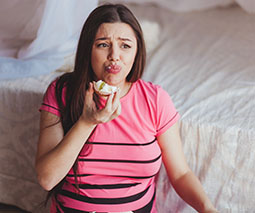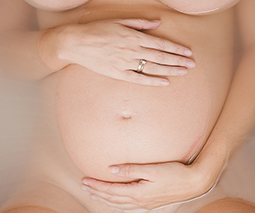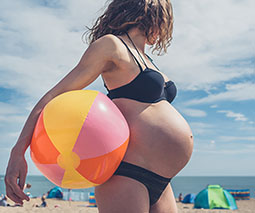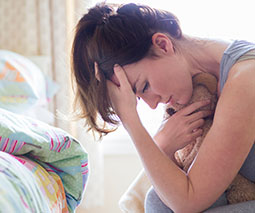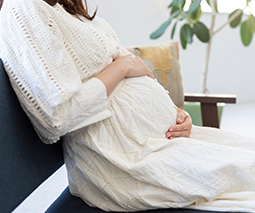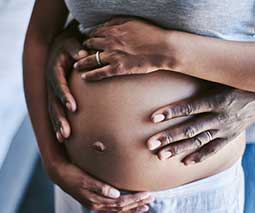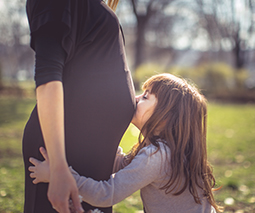One lump or two? Science has some news for pregnant tea drinkers
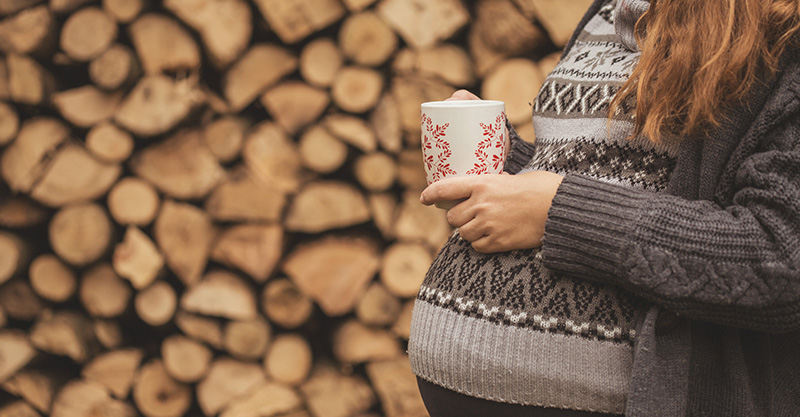
As if the aches and ills of pregnancy weren’t enough to contend with, science-y types are now telling expectant mums that their tea drinking is also cause for alarm. Sigh. * sips tea crossly *
Tea for two
While many pregnant women put coffee on hold when they’re growing a baby, they might be a little more free and easy when it comes to tea.
But new research suggests a total rethink of those bolstering cuppas might be overdue – and that caffeine intake in general should be strictly limited – or indeed avoided completely – to ensure the healthiest kiddos possible.
In what is one of the world’s largest studies of pregnant women, researchers from the Sahlgrenska Academy in Sweden worked together with the Norwegian Institute of Public Health, following children from pregnancy until they were eight years old.
Read more on pregnancy health:
- The truth about stress and pregnancy
- Severe morning sickness is real and not just psychological, finds study
- How to know if you’re doing too much or not enough while pregnant
Caffeine may program kids for weight gain
The researchers looked at a whopping 50 000 mums and their offspring, and found that those drinking three cups of tea a day when pregnant had a 5 percent higher chance of having kids who are considered overweight.
“[The study] found pregnant women who consumed more than 200mg a day of caffeine were more likely to have children that are overweight at preschool and school ages,” The Telegraph reports.
That 5 percent higher chance doesn’t seem like much, but the researchers think it’s significant enough to prompt renewed warnings about consuming caffeine – be it from tea, coffee or other sources – when pregnant.
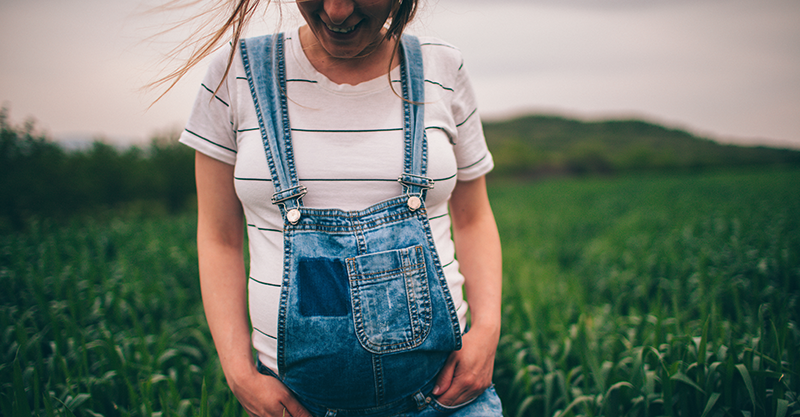
Reduce … or completely refrain
“Caffeine is a substance that you can choose to reduce consumption of, or completely refrain from during pregnancy,”Verena Sengpiel, Associate Professor in obstetrics and gynaecology at Sahlgrenska Academy told The Telegraph.
“In the Nordic countries, coffee is the primary source, while, women in, for example, England receive the greatest amount of caffeine from black tea. If you look at mothers in the younger age group, it comes from energy drinks. We included different sources in the study and found a similar association between caffeine consumption from these different sources and children’s growth”.
